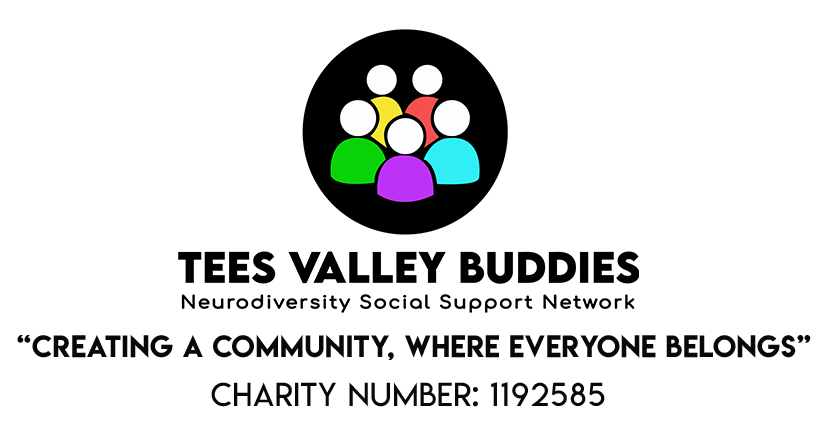What is Neurodiversity?

What is the difference between Neurodivergent and Neurotypical?
Most people are neurotypical, meaning that the brain functions and processes information in the way society expects. However, it is estimated that around 1 in 7 people (more than 15% of people in the UK) are neurodivergent, meaning that the brain functions, learns and processes information differently.

What is classed as a neurodivergence condition?
The term neurodiversity usually refers to a range of specific learning differences including:
- Autistic Spectrum Condition (ASC)
- Attention Deficit Hyperactivity Disorder (ADHD)
- Developmental Co-ordination Disorder (DCD) also referred to as Dyspraxia.
- Developmental Language Disorder (DLD)
- Epilepsy
- Foetal Alcohol Spectrum Disorder
- Intellectual Disability
- Tourette’s and Tic Disorders
- Specific Learning Disorder/ Differences e.g Dyslexia, Dyscalculia
Are Autism, ADHD and other Neurodivergent conditions mental health issues?
The short answer is "no". They are neurological conditions that for most people are there from the moment we are born (although a few people can develop a Neurodivergent condition due to a brain injury or illness).
Some people believe they are mental health issues because they are diagnosed under the umbrella of mental health services, but this is because they are diagnosed through tests that look more at cognitive functioning (how we use our brains) than at medical tests like blood tests or x-rays.
Being Neurodiverse does NOT mean somebody is mentally ill, although many of us have other mental health issues like anxiety as well.
Sometimes Neurodiverse people can get some relief from aspects of their condition through using medication and this is helpful for them, but others can and do go their whole lives without any treatment or medication.
What we do know is that different things work for different people, and too few of us get the right support.
